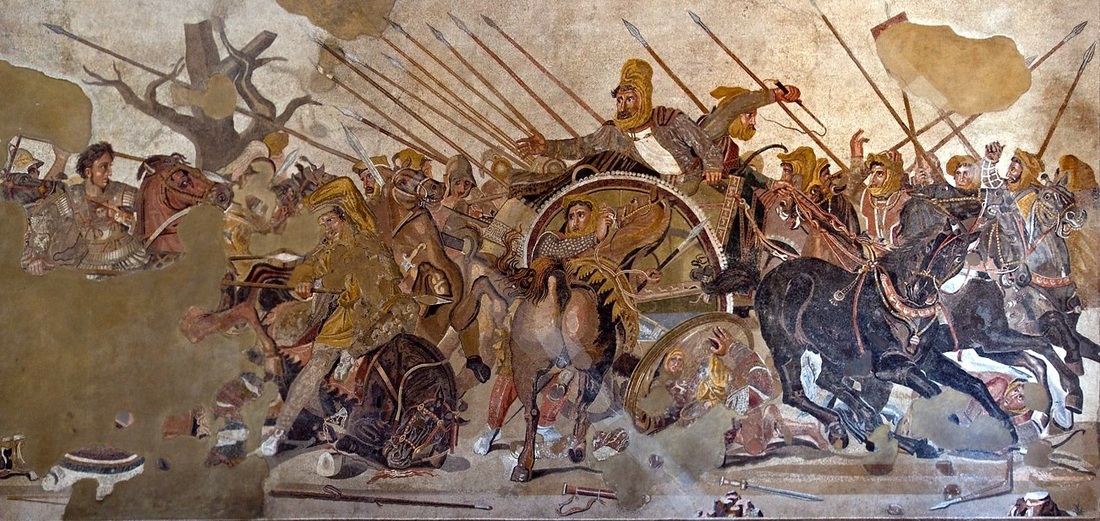An ingenious argument is being used to justify a 49% but nin the budget of the National Endowment for the Humanities. Carol Schneider and David Townsend have called attention to it in the new issue of Liberal Education (Summer 2013)-- http://www.aacu.org/liberaleducation/le-su13/schneider_townsend.cfm Republican in Congress have, it seems, experienced Sudden-Onset Wealth Transfer Anxiety Syndrome (SOWTAS) in the form of a phobia that the NEH budget will shift resources from the poor to the rich. This phobia has not afflicted them during their deliberations on other areas of the budget, but the mere mention of the arts and the humanities seems to bring it on.
Schneider and Townsend write that “In its report to accompany the budget resolution for fiscal year 2014, the House Committee on the Budget states that federal subsidies for NEH and NEA (and other public programs) “can no longer be justified” because “the activities and content they fund are generally enjoyed by people of higher income levels, making them a wealth transfer from poorer to wealthier citizens.””
The whole Liberal Education article , “Defunding Disciplines Basic to Democracy,” should be kept out of the hands of Republican friends lest they too experience SOWTAS.




 RSS Feed
RSS Feed
